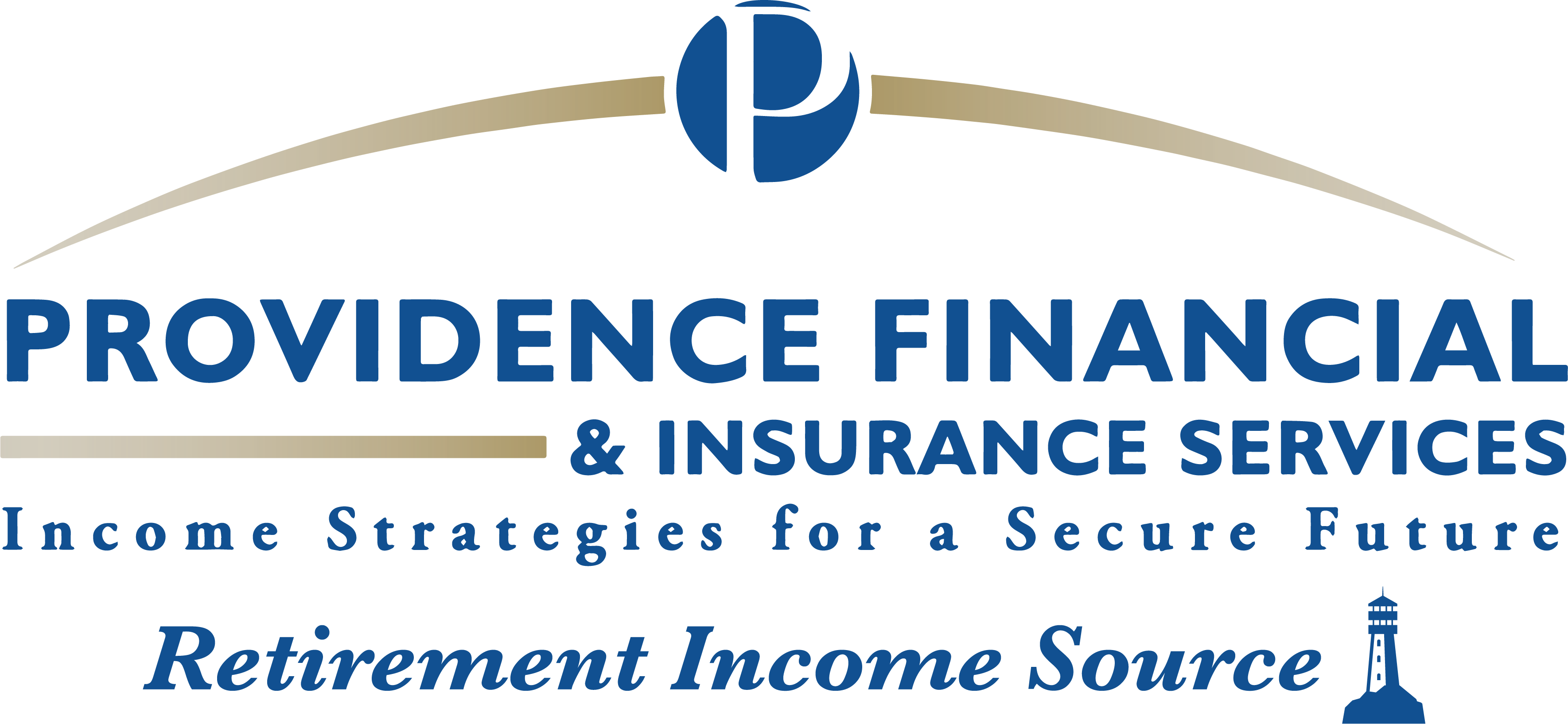It’s not How Much You Earn, but How Much You Keep That Matters
My dad used to often say to me, “It’s not what you earn, but what you keep that matters.” In this show, we’ll talk about several strategies that can help you maximize how much you keep of what you earn.
We’ll then go on to discuss potential pitfalls of investing in mutual funds and the benefits of individual bonds, particularly as you approach retirement.
We’ll also explain the difference between fee-based and commission-based advisors, with the former being held to a fiduciary standard which requires them to make the best recommendations for their clients.
For our weekly listener question, we’ll address indexed funds and municipal bonds.
Listen in.
Inflation Hedge Investments
It’s no secret that inflation has been high – let’s talk about which investments can best act as a hedge against it. We’ll start with investing for income, then we’ll cover bond and bond alternatives, dividend stocks and even real estate.
Our weekly listener questions will feature gold, Bitcoin and TIPS (treasury inflation protected securities).
We end this show with discussing the importance of a purpose-driven investment strategy that aligns with your retirement goals.
Listen in.
The 411 on 401(k) Rollovers
If you have a 401(k) and are wondering whether or not you should leave it there or roll it into an IRA, you’re going to want to listen to this show. There are valid points on both sides of the argument and we’ll make sure to cover them.
About two decades ago, it became popular for companies to allow in-service withdrawals for working employees over 59 1/2 years old. Since there are benefits for both options, it can be a controversial issue with many things to consider from a financial standpoint.
As usual, we’ll end the show with listener questions. Listen in.
Bonds and Bond Alternatives
What should you keep in mind about if you’re considering Bonds as an investment option?
How can you use them as a capital appreciation play?
What are some alternatives if you think bonds might be too conservative for you?
These are the 3 points of interest we’ll focus on during this show.
For our weekly listener questions segment, we’ll talk about how to use an annuity for income and we’ll explain the difference between saving for retirement and saving in retirement.
Listen in.
Ballots & Portfolios: Navigating Retirement Investments in Election Years
Today we’re diving into a timely topic: how your retirement investments may perform in this election year, when many investors find themselves wondering how political changes might impact their portfolios. Will the outcome of the election send markets soaring or plummeting? What strategies should retirees consider to safeguard their financial future amidst the political uncertainty?
Election years can indeed be volatile for the markets due to the uncertainty surrounding potential policy changes. However, I always emphasize to my clients the importance of staying focused on their long-term financial goals. Rather than making knee-jerk reactions to political events, it’s crucial for retirees to maintain a diversified portfolio tailored to their risk tolerance and time horizon.
Listen in.
3 Reasons to Invest for Income
In this episode, we’ll cover the three main reasons to invest for income. The first one is quite obvious – you need income from your portfolio. The other two may surprise you, so listen in.
What if you don’t need income from your portfolio because you have enough income from other sources? We’ll answer this question in the second part of the show.
We’ll also touch on value stocks and growth stocks and uncover some of the differences between them.
Finally, we’ll end with a listener question about Medicare.
Listen in.
